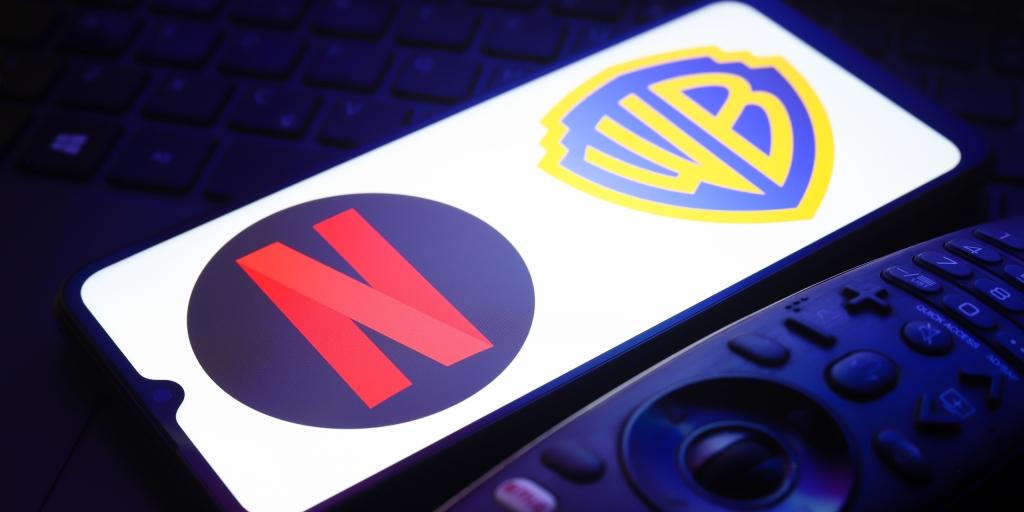“Buffalo buffalo Buffalo buffalo buffalo buffalo Buffalo buffalo” is a perfectly fine, grammatically correct English sentence describing how some New York bison intimidate others.
But it can read confusing if you don’t know the word “buffalo” can serve as an adjective, noun, proper noun and verb, each with a different meaning. This lexical ambiguity is part of what makes the English language so interesting and dad jokes so funny.
But that a word can serve different functions and have multiple meanings does not suggest it can mean whatever we want whenever we want.
One of my pet peeves is the word “literally,” which defines something actual and concrete, not figurative or symbolic. For that reason, and that you should limit adverbs in general, its use should be rare and precise.
But perhaps due to a rise in illiteracy, or need to convey things as melodramatically as possible, it’s so often used incorrectly, even by popular writers, that dictionaries have added its opposite meaning as a legitimate secondary definition.
Merriam-Webster dictionary defines “literally” as meaning with “exact equivalence” and also “virtually … used in an exaggerated way to emphasize a statement or description that is not literally true or possible.”
It’s hard to make sense of these two contradictory definitions even with context. It should be noted that Merriam-Webster is a descriptive dictionary defining how words are used at a point in time rather than a prescriptive dictionary, which defines how words should be correctly used. Even so, the MW and others point to historical examples of the figurative usage to bolster their reasoning; and words, of course, do change and evolve over time.
Bryan A. Garner, writer of “Garner’s Modern English Usage,” gives five levels of evolution words undergo as their definitions change. First, the new usage is rejected, then widely shunned, then widespread but … “still avoided in careful usage,” then ubiquitous but … “opposed on cogent grounds by a few linguistic stalwarts” (that’s me, I guess), and then finally, fully accepted.
The figurative use of “literally” seems to me to be all but fully accepted, and as much as I continue to fight, it feels like a losing battle, especially when other common words are less evolving than being perverted and manipulated with devious intent right before our eyes.
Calling it political correctness, wokeness or doublespeak, words that have had concrete, singular definitions now mean or don’t mean what they did just a little while ago.
Words like recession, insurrection, racist, marriage, immigrant — even man and woman — have become confusing terms in modern parlance.
What is a woman or a man, except someone whose “gender identity” is that of a man or woman?
Merriam-Webster tried again to clear things up recently by adding the definition for female to mean “having a gender identity that is the opposite of male.” What is a male? Someone who has “a gender identity that is the opposite of female.”
Even Barney Fife could come up with something better than that. But he never would have guessed we’d sink this far down the slippery slope in such a short time, that the definition of a woman would ever be in question. Could you have, even 10, five years ago? That’s what happens when words lose their meanings and truth has no value.
People of conscience can no longer be buffaloed into silence or kowtowed by confusion. Use your words, use them righteously, or there will literally be nothing left worth saving.
Daniel Taylor is the news editor for The Reporter. His email is [email protected].













